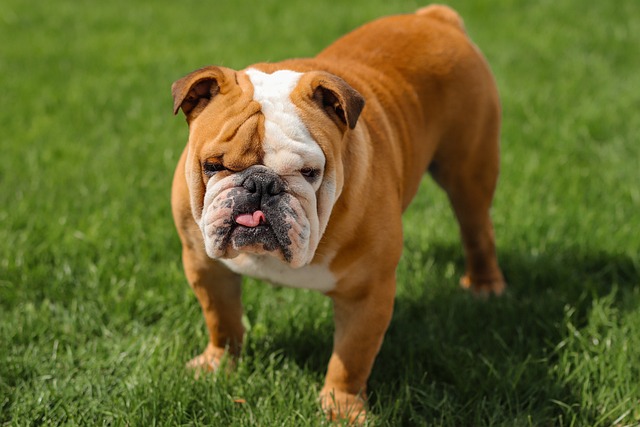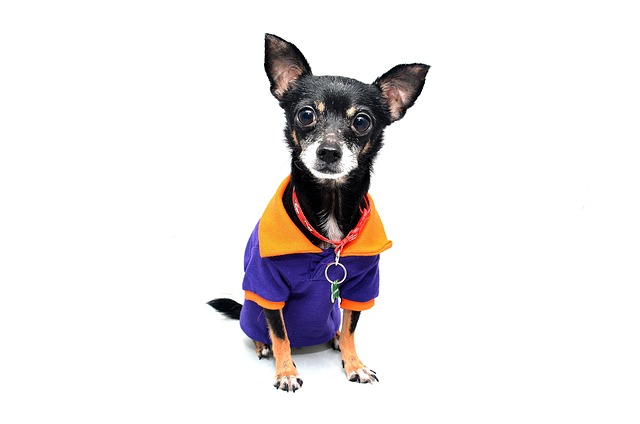
What is a senior screen for dogs
Picture your 9-year-old Golden Retriever, Max. He’s still wagging his tail for walks but takes longer to rise from his bed in your Seattle apartment and occasionally
After a lively game of fetch in the park, you notice your dog lying on the grass with its tongue hanging out, panting heavily. Or perhaps on a hot summer day, your furry friend sprawls on the kitchen floor, tongue extended as if it’s twice its normal length. If you’ve ever wondered why dogs stretch out their tongues to breathe, you’re not alone. This seemingly simple behavior holds fascinating biological secrets and practical implications for dog owners.
Dogs pant primarily as a cooling mechanism. Unlike humans, who sweat through their skin to regulate body temperature, dogs have limited sweat glands, mainly located in their paw pads. Panting allows them to expel warm air from their lungs and draw in cooler air, facilitating heat exchange. When a dog stretches out its tongue while panting, it increases the surface area available for evaporation. The moisture on the tongue, along with the lining of the mouth and respiratory tract, evaporates as air passes over it, similar to how sweat cools our bodies. This process is crucial because overheating can quickly lead to heatstroke, a life - threatening condition. For instance, on a sunny day in Arizona, a playful Labrador might start panting rapidly to prevent its body temperature from soaring.

As a dog owner, it’s important to know how to respond when you see your dog panting heavily. First, ensure they have access to fresh, cool water at all times. If your dog is panting due to exercise or heat, find a shaded area and let them rest. You can also offer them a small amount of water frequently, but don’t force large quantities, as this can upset their stomach. In more extreme cases, such as signs of heatstroke like excessive drooling, vomiting, or weakness, seek veterinary help immediately.
In the context of responsible pet ownership, regular veterinary check - ups are essential. Keeping your dog’s vaccinations up - to - date, as required by law in most US states, helps protect them from various diseases that could potentially affect their breathing or overall health. When walking your dog in public, especially during hot weather, be mindful of the pavement temperature. If it’s too hot for your hand, it’s too hot for your dog’s paws. And of course, always clean up after your dog to maintain good community relations and comply with local regulations.
Positive training can also play a role here. If your dog gets overly excited during play and starts panting excessively, teach them calm - down commands like “settle” using positive reinforcement techniques. Reward them with treats and praise when they respond appropriately. Remember, physical punishment is never the answer, as it goes against the animal welfare values widely embraced in the US and can increase your dog’s stress levels, potentially exacerbating breathing issues.
Understanding why dogs stretch out their tongues to breathe isn’t just interesting—it’s a key part of keeping your furry friend healthy and happy. By recognizing the signs of normal panting versus distress and taking appropriate action, you can ensure your dog stays comfortable in all situations.

Picture your 9-year-old Golden Retriever, Max. He’s still wagging his tail for walks but takes longer to rise from his bed in your Seattle apartment and occasionally

Discover why dogs crave toys that challenge their minds and instincts—not just flashy designs—and how the right interactive toys transform their behavior and well-being.

Bringing a dog into your life is like opening the door to endless love and chaos. But before you fall head over heels for that wagging tail at the shelter, it’s crucial to get your ducks in a row.

Finding yourself with an aggressive dog can be terrifying, for both you and those around you. Aggression isn’t just a behavioral issue—it’s a serious concern that intersects with local animal control laws and public safety regulations.

Watching your dog constantly scratching, biting at their paws, or rubbing against furniture is heart - breaking. If you’ve found yourself asking

Picture this: You finally brought home your adorable Poodle mix, chosen specifically because your cousin swears they're "hypoallergenic."